Justice for All: Addressing Sexual Violence Faced by Marginalised Communities in Nepal
Kathmandu: Equality Now and SAMAJ (South Asian Movement for Accessing Justice) have joined WHR (Women for Human Rights), FEDO Nepal (Feminist Dalit Organization), and FWLD (Forum for Women, Law and Development) in hosting a national consultation in Kathmandu.

Recognizing the vital need for intersectional dialogue, the organizations hosted a national consultation this week in Kathmandu.
Convening over 30 participants, including representatives from marginalized communities, leaders from women’s rights organizations, policymakers, and the media, the gathering shone a much-needed spotlight on the specific challenges experienced by sexual violence survivors.
Sexual violence remains a pervasive and widespread problem across Nepal. While women and girls in all communities are impacted, those who face caste, ethnic, disability-related, and socio-political marginalization experience especially high levels of sexual violence, discrimination, and barriers preventing them from accessing justice and support when they have been harmed.
Crucially, the group co-created inclusive solutions and voiced a shared call for urgent, transformative action. Women from marginalised communities often face an additional challenge of not having the required citizenship
documents.
A woman, belonging to disabilities community, said, ‘We encounter obstacles at every stage—no accessible ramps, no sign language support, and a lack of trust in our voices. Having a disability should never mean being unseen or unheard in the pursuit of justice.’
Likewise, a common thread was the lack of awareness of legal processes among survivors and their communities, especially those from marginalised backgrounds.
Upasana Rana, Executive Director, WHR Nepal explains, ‘This moment demands transformation, not just reflection. Marginalised communities have voiced the barriers they face and offered clear recommendations. Now, Nepal’s institutions must respond – by strengthening legal aid, raising public awareness, collecting disaggregated data, and ensuring the meaningful participation of excluded communities in shaping policies. Proper guidelines must also be in place for preserving evidence and handling cases effectively.’
Meanwhile, a clear call emerged: survivors must be treated with dignity, not suspicion, and excluded groups must be included – not only in service provision but also in shaping the systems that claim to serve them.
Julie Thekkudan from Equality Now concludes,’ Progress must be reflected in the lived
experiences of sexual violence survivors. Access to support and justice must not depend on who you are or where you’re from – it must be for all. Until Nepal addresses the intersecting inequalities of caste, ethnicity, disability, and gender discrimination, justice will remain out of reach for many. Institutional reform has to
be rooted in the voices of those most impacted.’
Caste, ethnicity, and disability intersect with sexual violence
While recent legal reform, such as the extension of the statute of limitations for reporting rape, marks incremental progress, the day-to-day reality for rape survivors in Nepal is still shaped by stigma ,impunity, and systemic discrimination. Justice remains elusive for many, particularly women and girls from Dalit, Indigenous, Madhesi, Muslim, and disabled communities.
Despite multiple public protests demanding action to address gender-based violence, police data reveals a rise in sexual violence cases, with 2,507 reported incidents between 2023 and 2024, up from 2,380 in the period between 2021 and 2022.
Multilayered discrimination experienced by Dalit women and girls means that rape and kidnapping are among the most frequently reported crimes affecting the community. Indigenous people make up 36% of Nepal’s population, and yet indigenous women often report difficulties when attempting to navigate the criminal justice system. Impediments are also particularly acute for women and girls living with disabilities.
Weak implementation of sexual violence laws
Nepal’s penal code includes several provisions criminalizing rape and sexual violence, but attendees at the convening shared valuable insights on how the implementation of these laws remains weak.
The consultation centred the voices of those from marginalized communities, acknowledging the rising incidences of sexual violence. Citing examples of the legal and institutional barriers, women spoke about the lack of reasonable accommodation for women and girls with disabilities.
For example, officials themselves may not be able to speak sign language or communicate with victim-survivors, yet there is often an absence of sign language interpreters or and exclusion family members who often are the only ones who may understand the victim survivor in some instances.
Insufficient awareness among officials about the range and nature of disabilities also leads to a disregard of complaints. Lack of protection of the victims/survivors and breaking of the confidentiality of complaints leads to further stigma for the victims or survivors. Prolonged delays add to the cost of fighting cases.
End the culture of silence: Survivor voices
Discussions highlighted the culture of silence around sexual violence – beginning with the family and extending to the community, who see it as a matter of honour.
Victim blaming is common even among duty bearers such as police and legal authorities.
Voices that demand accountability
Participants called for holistic, survivor-centric approaches that include long-term mental health care and community reintegration and rehabilitation of survivors – areas currently neglected in both policy and practice.
They stressed the importance of having a survivor-centric approach, the need for collecting disaggregated data, especially with regards to marginalization or exclusion, to better inform policymaking.
There were demands for greater collaboration among organizations working on disability rights, single women, ethnic minorities and other marginalized groups, to foster inclusive support systems and meaningful participation of marginalized communities in all policy processes, strengthened monitoring mechanisms, improved coordination between government stakeholders and greater government accountability.
Participants urged reforms such as:
● Increased representation of women in the police force
● Disability-inclusive infrastructure in police stations and courts
● Training of duty bearers that includes rights-based, inclusive modules as part of their
induction and ongoing professional development



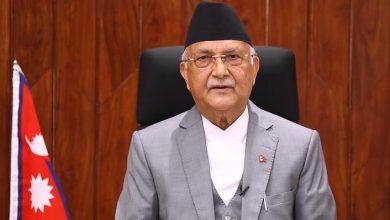
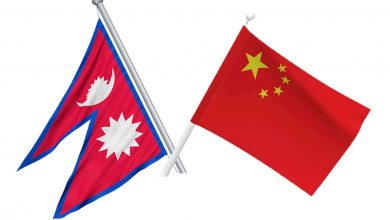

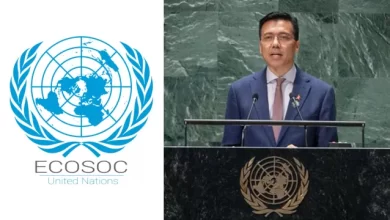
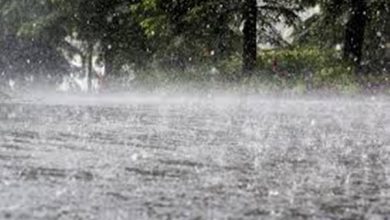
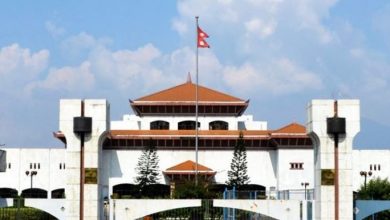
Comments